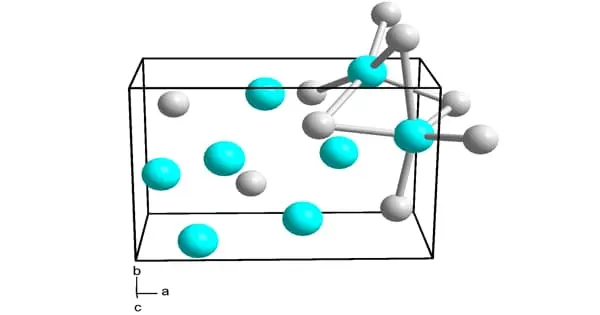Anti-psychiatry, also spelt antipsychiatry, is a movement founded on the belief that psychiatric treatment is often more harmful than helpful to patients, stressing psychiatric problems. It is a movement that began in the 1960s and grew in popularity over the next several decades. It criticises psychiatry and its practises, claiming that psychiatric treatments and diagnoses are frequently harmful, oppressive, and founded on unscientific concepts. The movement calls for the abolition or drastic reform of psychiatry as a discipline, as well as the prohibition of psychiatric medicines and involuntary psychiatric treatment.
Objections include the unreliability of psychiatric diagnosis, the questionable effectiveness and harm associated with psychiatric medications, psychiatry’s failure to demonstrate any disease treatment mechanism for psychiatric medication effects, and legal concerns about the presence of diagnosis nullifying equal human rights and civil freedom. Historically, psychiatric critiques emerged in response to an emphasis on the significant hazards associated with electroconvulsive therapy or insulin shock therapy.
The phrase “anti-psychiatry” is debatable and sometimes used to denigrate all critics of psychiatry, despite the fact that many acknowledge that a specialised position of helper for persons in emotional distress may be acceptable at times and allow for individual choice in treatment options.
Key criticisms of anti-psychiatry include:
- Overreliance on medication: Proponents of anti-psychiatry say that psychiatry overprescribes mental medications, potentially leading to long-term harmful effects and drug dependency. They feel that medication is frequently used to suppress symptoms rather than treat the underlying causes of mental illness.
- Diagnostic labeling: Anti-psychiatry opposes the use of diagnostic labels for mental health issues, claiming that they are stigmatising and limit people’s autonomy and potential. They contend that diagnoses are arbitrary and lack a solid scientific foundation.
- Medicalization of normal human experiences: Critics of psychiatry contend that the field has a tendency to medicalize natural and varied human experiences, like sadness, anxiety, or unconventional behavior. They argue that this pathologization can lead to the unnecessary use of treatments and interventions.
- Involuntary psychiatric treatment: Proponents of anti-psychiatry oppose involuntary psychiatric care, such as forced hospitalisation and medication. They consider such practises as infringements on personal liberty and human rights, and they advocate for alternatives that respect individual autonomy.
- Alternative approaches: Alternative approaches of mental health care, concentrating on psychosocial and community-based support, counselling, and therapy, as well as broader societal changes to address the core causes of mental anguish, are frequently promoted by the anti-psychiatry movement.
Aside from concerns regarding efficacy, anti-psychiatry may call into question the philosophical and ethical foundations of psychotherapy and psychoactive medicine, viewing them as formed by societal and political concerns rather than the autonomy and purity of the individual mind. They may argue that “judgements on matters of sanity should be the prerogative of the philosophical mind” and that the mind should not be a medical concern. Some activists are opposed to the psychiatric concept of mental illness.
Because of the uneven power connection between doctor and patient, as well as a highly subjective diagnostic procedure, anti-psychiatry views psychiatry as a coercive instrument of oppression. The problem of involuntary commitment is critical in the movement.
















